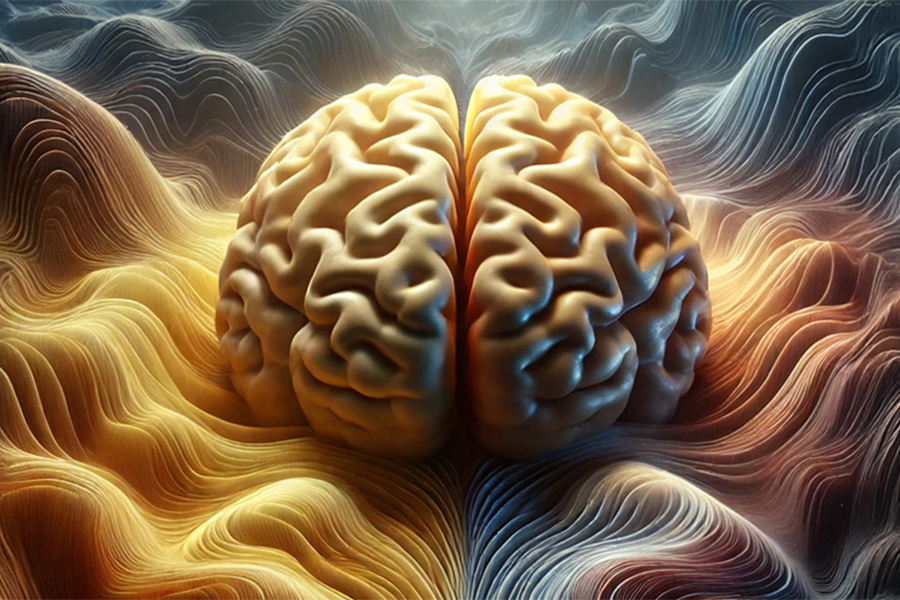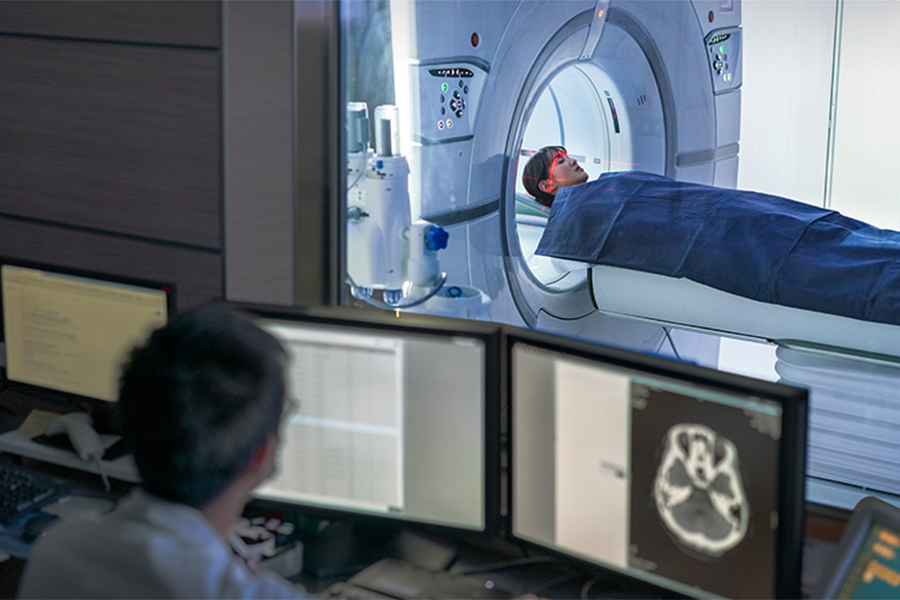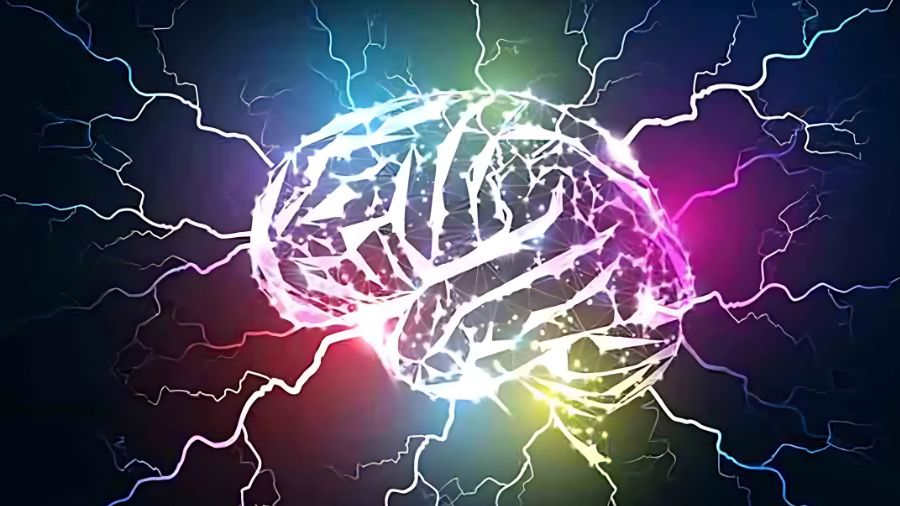
In animals, including humans, scent-based chemical signals — called chemosignals — related to emotions such as fear or stress, can influence how others perceive and respond to their surroundings.
Researchers at UHN’s Krembil Brain Institute, in collaboration with the Université de Bordeaux, have uncovered how these signals from stressed individuals may impact memory in others.
Changes in how chemosignals are processed have been found in conditions such as autism spectrum disorder.
Previous studies in experimental models showed that chemosignals from stressed individuals could alter brain physiology and signalling in non-stressed individuals. However, until now, it was unclear whether these signals also affect memory and cognition.
In this study, led by co-senior author Dr. Jaideep Bains, Senior Scientist and Director at Krembil Research Institute, looked at how stress signals detected through smell cause behavioural adaptations and affect memory in experimental models. Interestingly, the team found that receiving stress signals from another individual impaired memory retrieval.
Using genetic techniques and imaging, the researchers discovered that stress signals rely on CB1 receptors in the brain’s olfactory bulb — a region that processes smells. These receptors, located on the mitochondria of brain cells called astrocytes, trigger calcium movement in these cells which is necessary for detecting stress signals and impacting memory.
These findings suggest that scent-based signals can connect emotional stress with memory function. This could have implications for conditions such as autism, where processing such signals is often affected.
By UHN Research Communications
This work was supported by generous donors to UHN Foundation.

No one ever changed the world on their own but when the bright minds at UHN work together with donors we can redefine the world of health care together.



